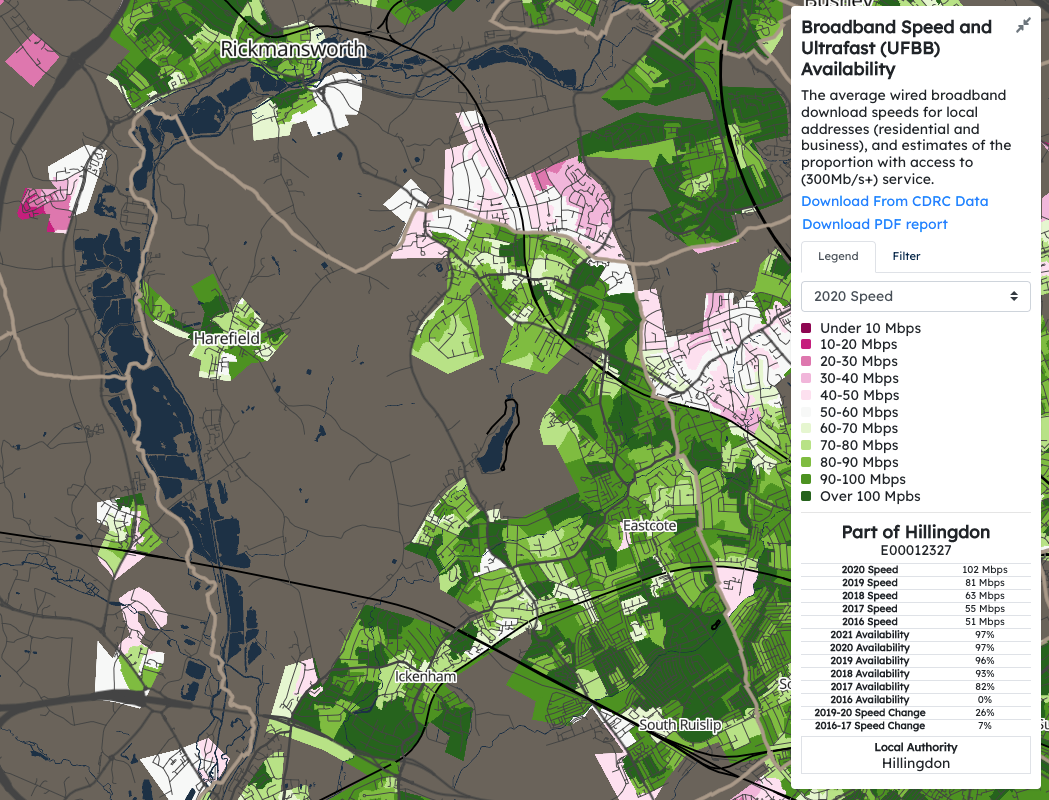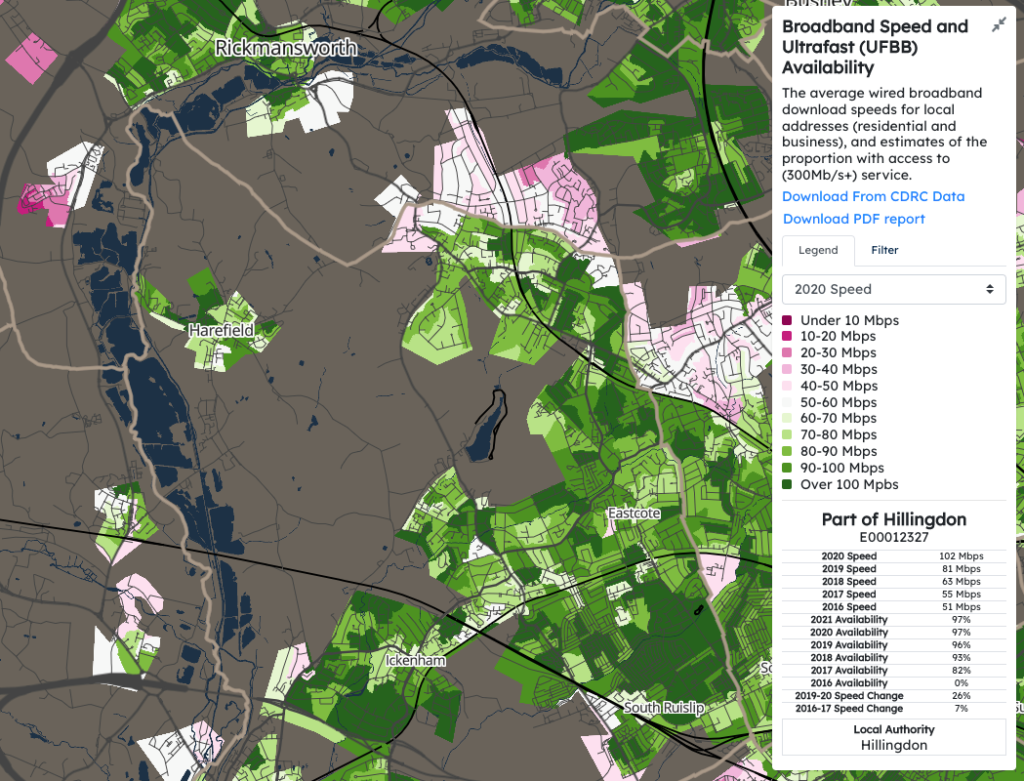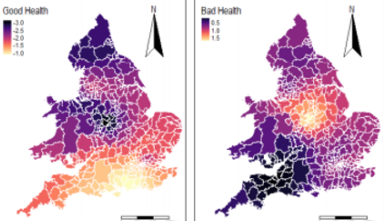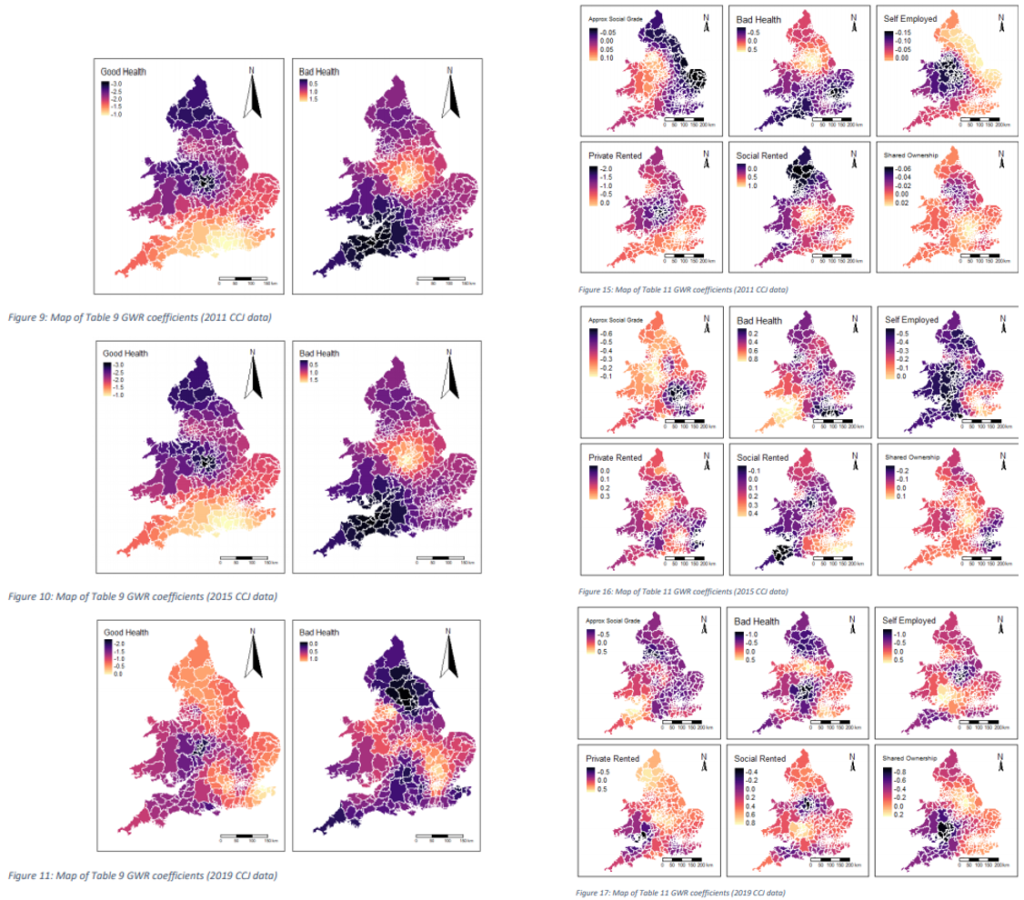Alex Singleton, CDRC Deputy Director and Professor of Geographic Information Science at the University of Liverpool, has received the Royal Society of Geography’s Cuthbert Peek Award for “contributions to contemporary methods in geography that lie at the boundary between the social and computational sciences”.
Professor Singleton will be presented with his award by the Royal Geographic Society’s President at their annual Medals and Awards ceremony on Friday 6th June.

The Cuthbert Peek Award recognises “those advancing geographical knowledge of human impact on the environment through the application of contemporary methods, including those of earth observation and mapping”.
Professor Singleton is an internationally recognised researcher in the field of geographic data science and urban analytics and has published widely on the subject including the seminal text book “Urban Analytics”. As well as being Deputy Director of the CDRC, he is also Director of the ESRC Data Analytics & Society CDT.
He said: “It is a great honour to receive this award in recognition of the work that my colleagues and I have been able to achieve at the University of Liverpool over the past decade. It is important that Geography remains outward looking, both so that we can benefit from those new technologies and methodologies developed elsewhere, but also to promote greater spatial thinking or engagement outside of the discipline.
“The intersection between Geography and the Computational Sciences provides an incredibly fruitful area of employment for our graduates, where there is significant demand for well-trained students who can apply their technical skills alongside critical thinking and wider situational awareness instilled through their variegated geography education.”
The Royal Geographical Society (with IBG) is the world’s largest Learned Society in Geography, with nearly 15,000 fellows around the globe. This year, their awards recognise 23 different people or organisations for their outstanding contributions to geography. The full list of recipients is available on their website.
Sir Cuthbert Edgar Peek (30 January 1855 – 6 July 1901) was an astronomer and meteorologist, and took part in activities of several learned societies alongside undertaking scientific expeditions to Iceland and Australia.
[Adapted from original article here – https://news.liverpool.ac.uk/2022/05/03/prestigious-royal-geographic-society-award-for-geographic-information-science-expert/]









